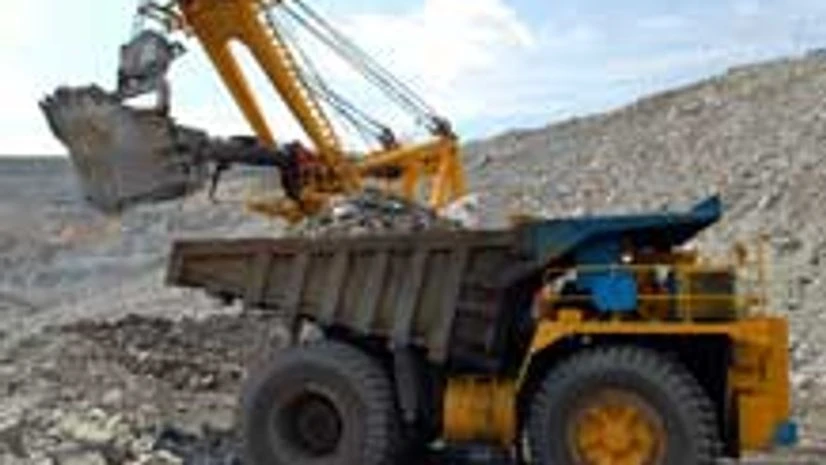The sponge iron or direct reduced iron (DRI) industry, already reeling under the high prices of iron ore following a ban on mining in Karnataka and Goa, high prices of coal and increased freight costs, has been severely impacted by rising imports of steel melting scrap.
India is the largest producer of sponge iron in the world. Around 445 sponge iron units are established, with a total capacity of 42 million tonnes per annum (mtpa). However, currently, close to 200 units are operating and produced 19.03 mt in 2012-13, a decline of 7.4 per cent over the previous year. Units in Chhattisgarh are operating at a higher capacity of 55-60 per cent annually, while units in Karnataka are operating at the lowest capacity of 30-35 per cent annually.
In Karnataka, out of 70 units with a combined installed capacity of five mtpa, 40 units have shut down operations, while the remaining units are operating at less than 50 per cent capacities. The industry’s problems are compounded by the rising import of scrap steel, which is considered as alternative raw material to pellets and lumpy ore. The high prices, prevailing for lumpy ore, at e-auctions in Karnataka has made sponge iron makers to stay away from auctions.
“Induction furnaces and foundries are increasingly using imported steel scrap instead of sponge iron. As a result, more than 50 per cent of units in Karnataka have closed operations. The government should come to the rescue of the industry by increasing basic customs duty on scrap from the present 2.5 per cent to 12.5 per cent. The move will not only boosts the indigenous steel industry in Karnataka but also reduce the foreign exchange outflow, which is very much necessary given the current account deficit,” said Dinesh Singhi, managing director, BMM Ispat.
Even though the prices of imported steel melting scrap works out at Rs 23,000 per tonne compared to Rs 18,000 per tonne for sponge iron, the induction furnaces and foundries are opting for imported scrap because of higher recovery of steel in the scrap metal, he said.

The import of steel melting scrap has been increasing steadily over the last three years. The imports increased 78 per cent to 8.7 mt in 2012-13 valued at Rs 22,000 crore, compared with 4.9 mt in the previous year. For the first four months of 2013-14, India has imported 2.06 mt of scrap valued at Rs 5,000 crore.
“The sponge iron industry in Karnataka provides livelihood to around 200,000 persons who are employed either directly or indirectly. The future of so many people is currently at risk, since the industry is not able to generate adequate revenue, owing to the import of steel scrap at cheaper rates, which make it difficult for the indigenous industry to compete in an open markets,” said T Srinivasa Rao, president, KSIMA.
As a result of shut down of operations, many sponge iron units have turned non-performing assets in Karnataka. The industry has invested close to Rs 25,000 crore in the state and provides direct employment to 150,000 persons. The revenue contribution to the state and Central exchequers from Karnataka-based units amounts to Rs 4,000 crore annually, Singhi said. “When the country is facing a huge burden on account of a huge current account deficit, it would be wiser if the government increases basic customs duty on steel melting scrap to 12.5 per cent. The government should also retain 30 per cent export duty on iron ore, so that it can encourage use of local raw materials,” he added.

)
